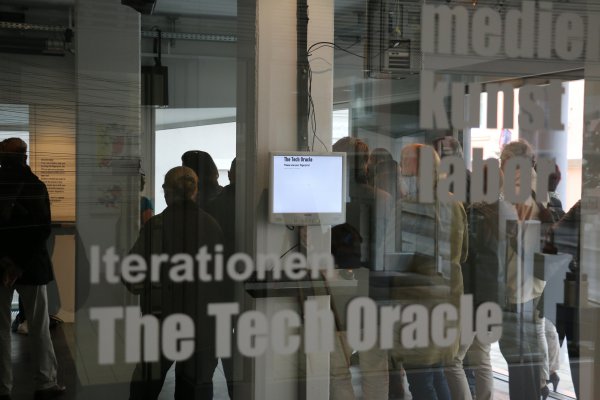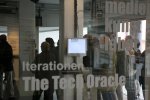At the beginning of the Internet, networking consisted in an infrastructure that actually grew in a decentralized way, which necessitated, facilitated and also conditioned cooperation at the same time.
This collective character of the web marked art and culture of this newly emerging virtual space with branches into realms created by fantasy and functioning on equal terms. The basic concept was the interleaving of various strands of knowledge and experience in order to gain insight into the present. Software and hardware were aimed at facilitating the coexistence of collective and individual elements. With the developments around web 2.0, it was (almost) exclusively the users’ individualization that was fostered through the simultaneous monopolization of the infrastructures. The individualized is thus the default (the “norm”), while even though collective forms are still present and possible, they rather exist in the background.
The two organizations that initiated this project, Constant and the esc media art laboratory, were founded at a time when the semantic web and web 2.0 were still well-meant, partly also utopian ideas. Today, not only technically accomplished activists, but also above all multinational companies are concerned with open-source and free software.
The latter has transformed itself from the promising alternative into the digital mainstream. Terms such as “open”, “sharing”, “cooperation” are nowadays an integral part of the inventory of the online business. ITERATIONS, however, suggests reconsidering the current use of these terms.
ITERATIONS deals with the processes and motivations that prompt artists to explore models of cooperation that make use of free digital tools.
The Tech Oracle is the first in a series of ITERATIONS. After its realization in Graz, the next Iterations in 2016 will be carried out in Italy and in Brussels.
TTO reflects on the disproportionate confidence that we currently place in services of the WorldWideWeb. Because it seems as if we would not only look for practical answers in the web, but also for instructions for the next steps in our lives.
Support: Jogi Hofmüller, Gerd Langer, Christian Pointner, Florian Stöffelmayr, Peter Venus
FH Joanneum, mur.at, Radio Helsinki




